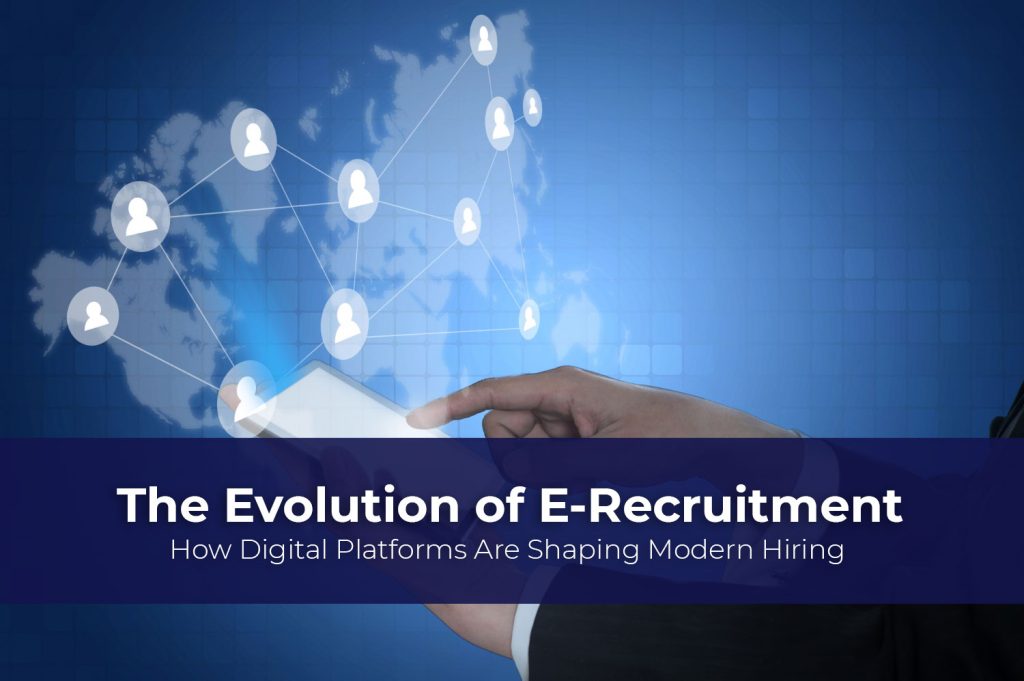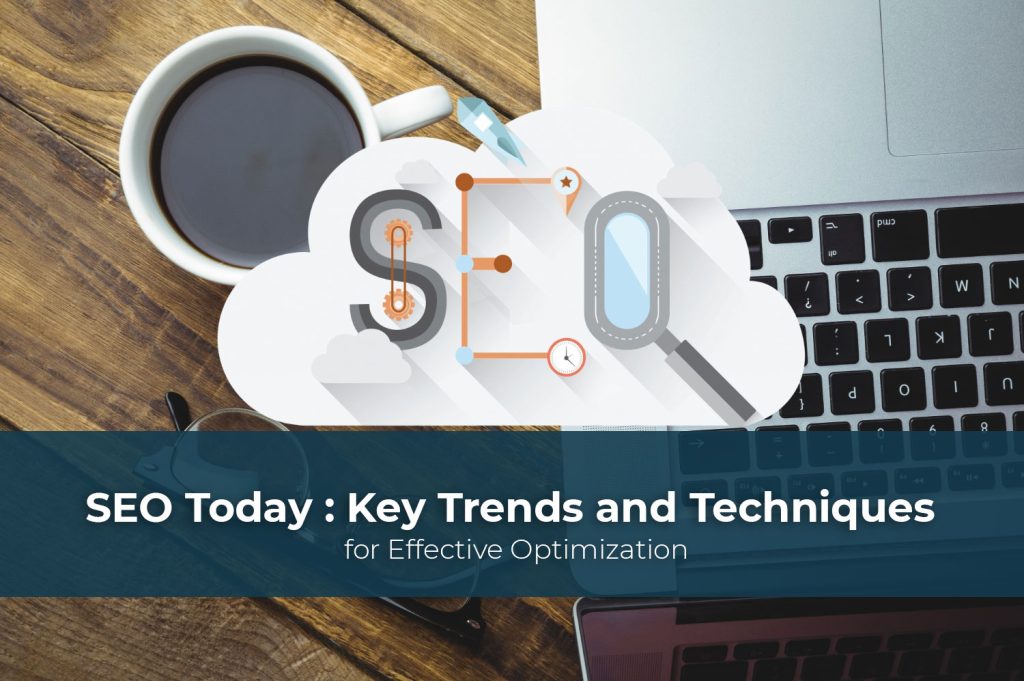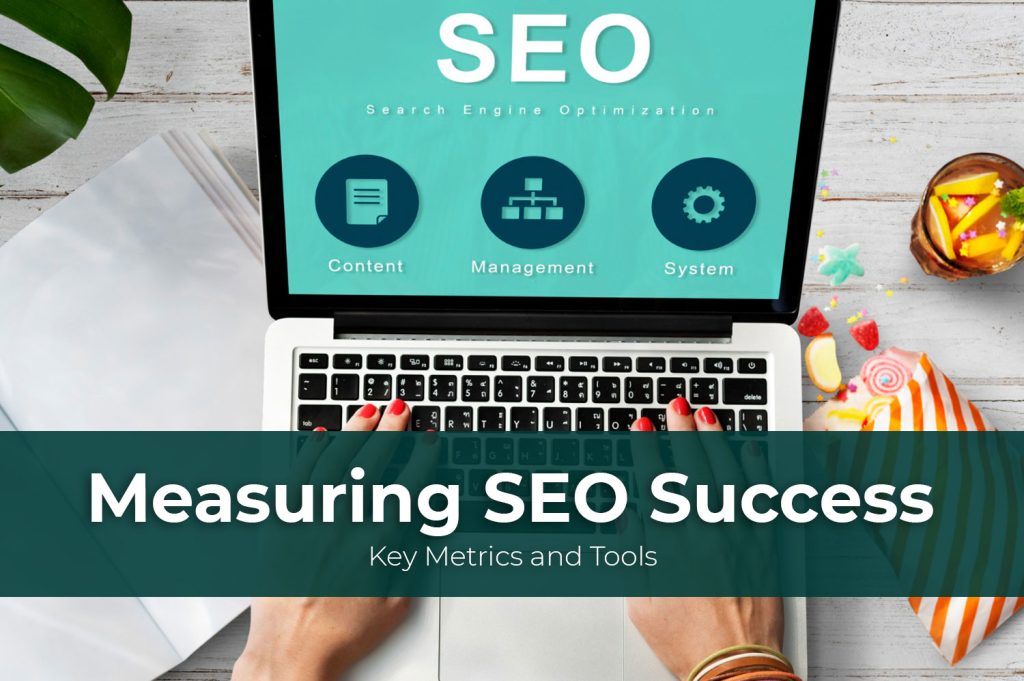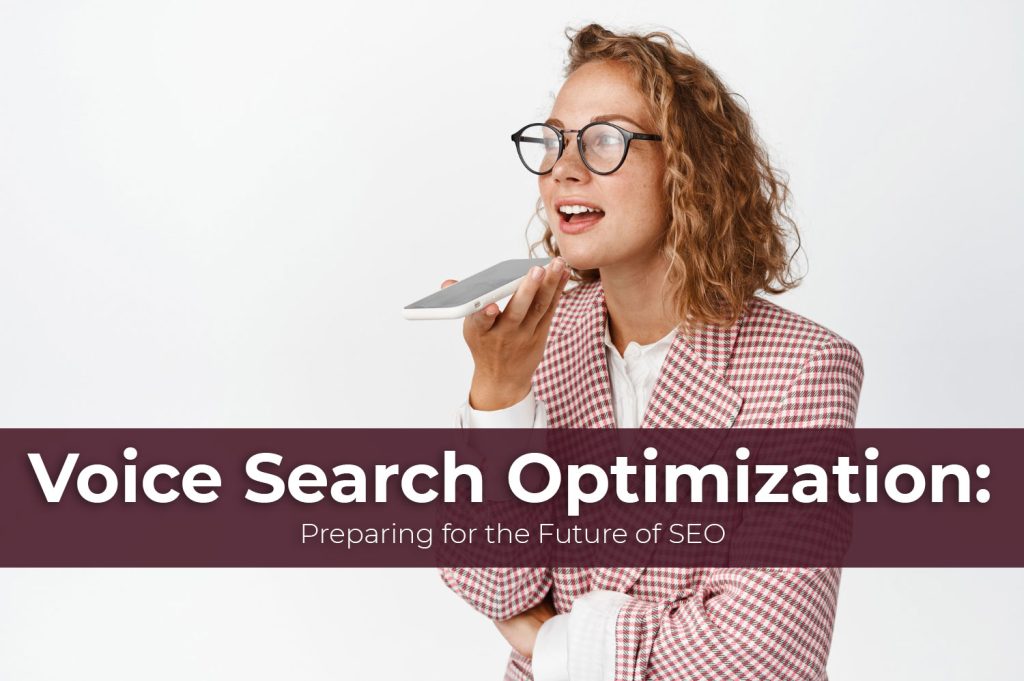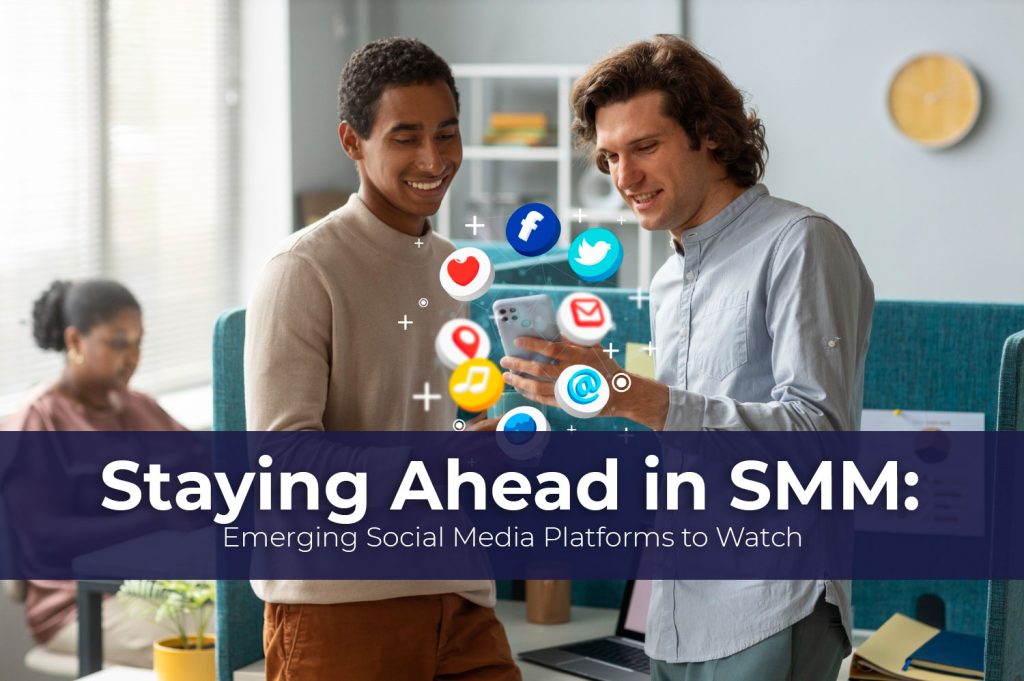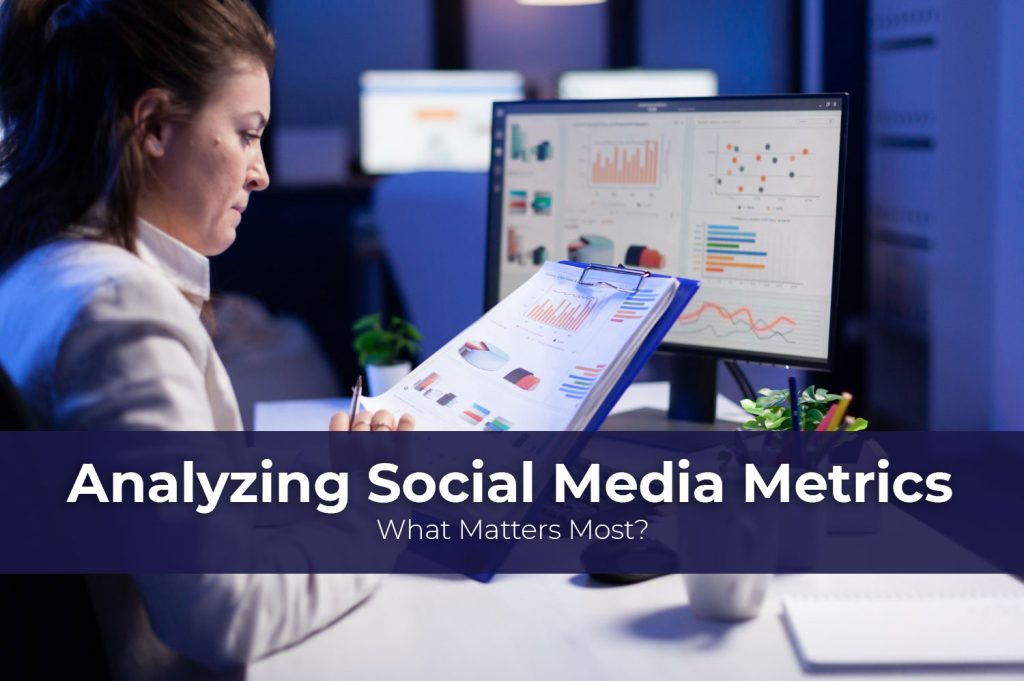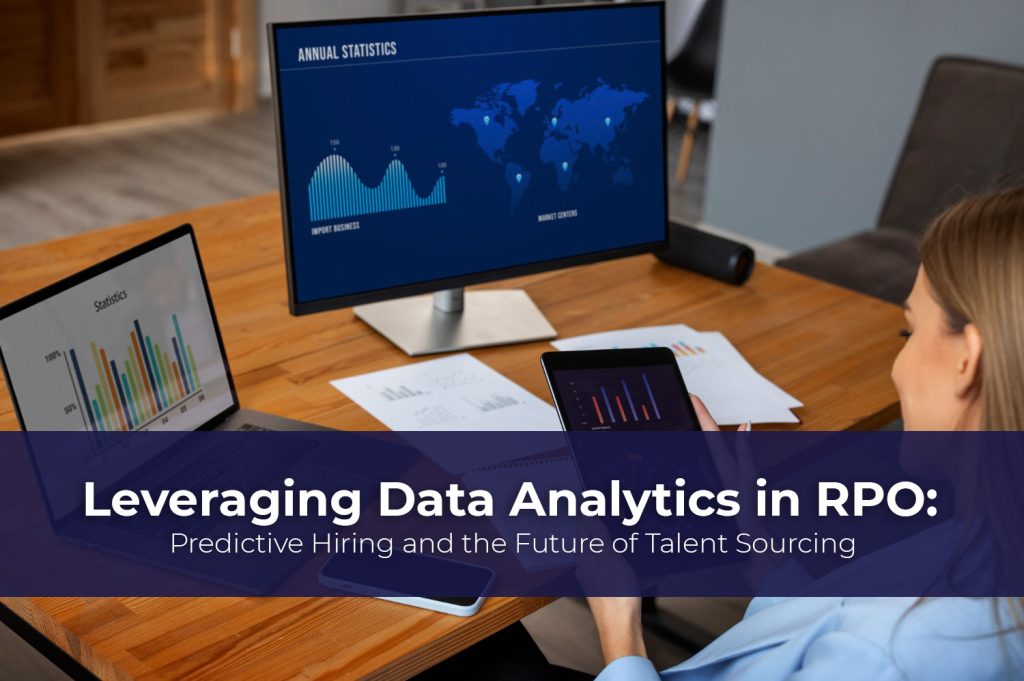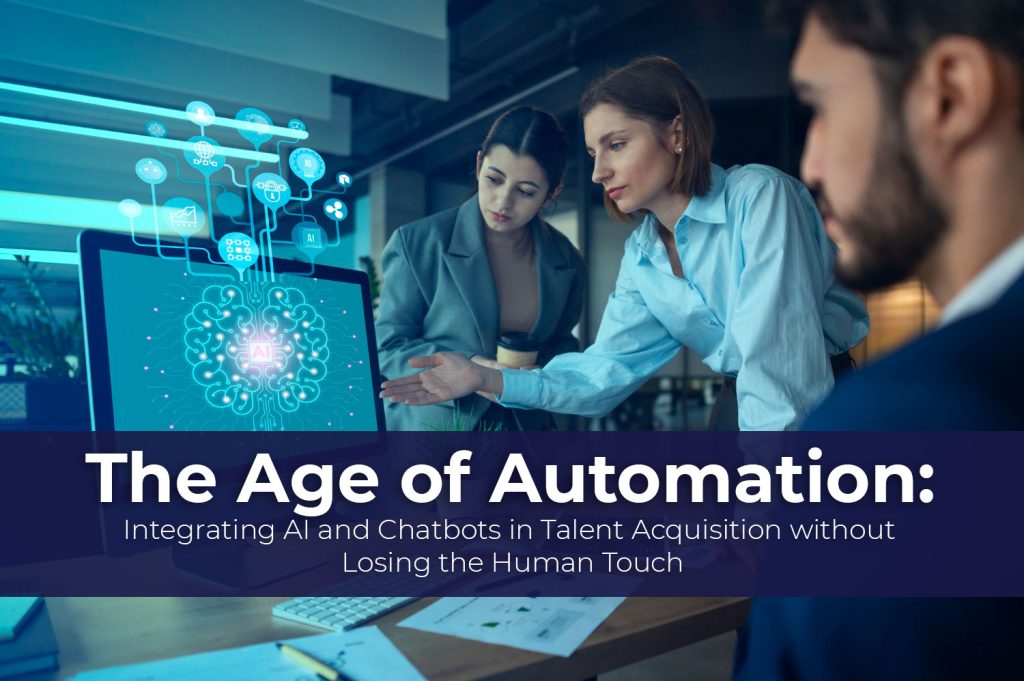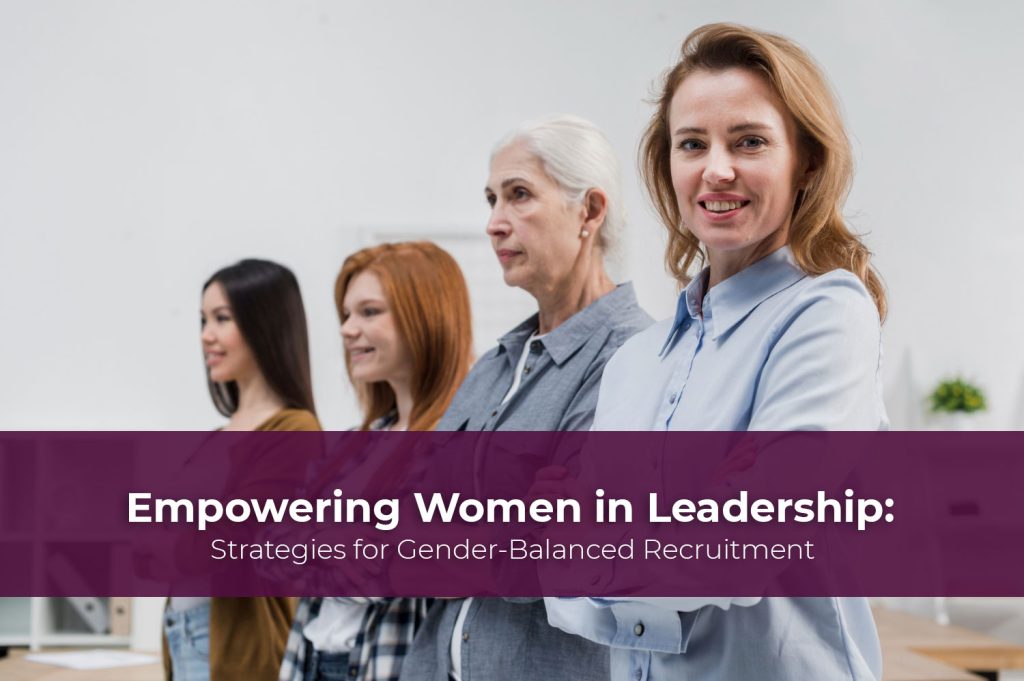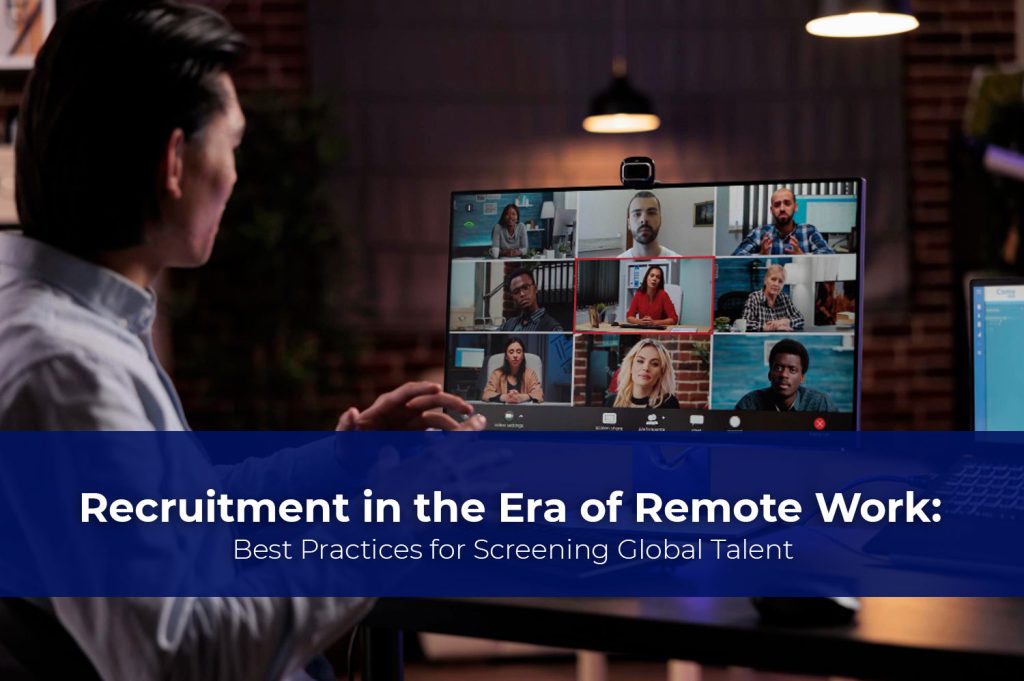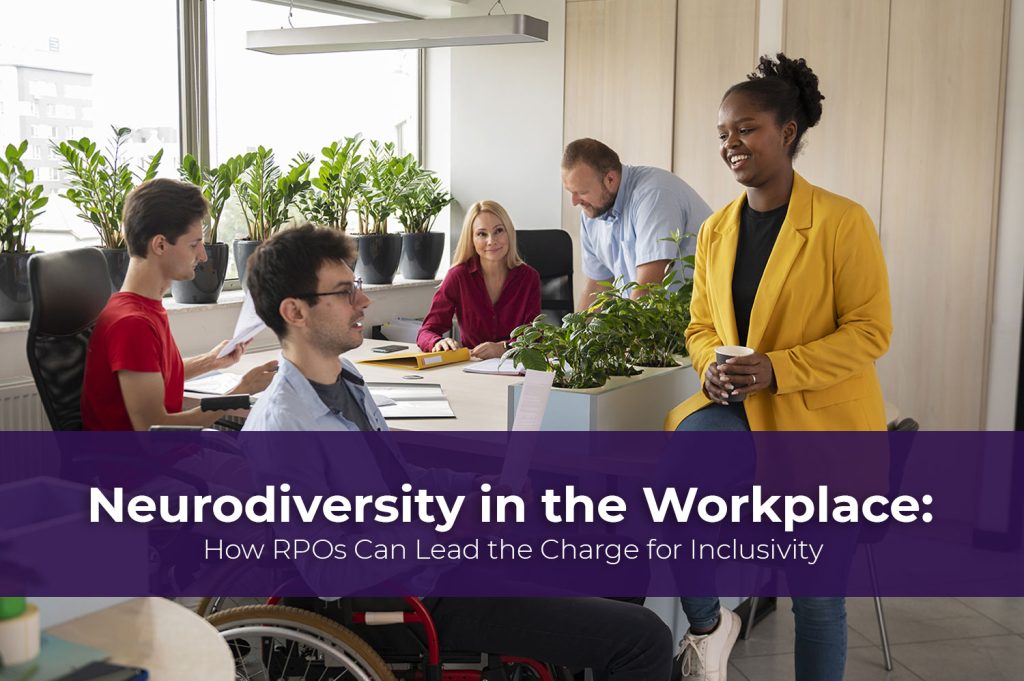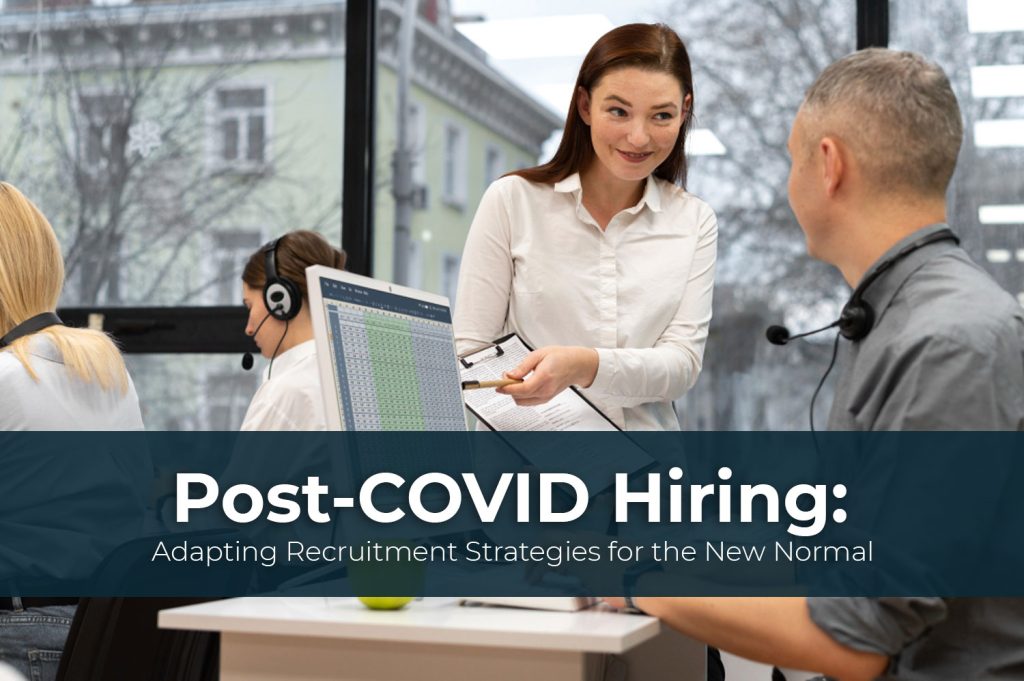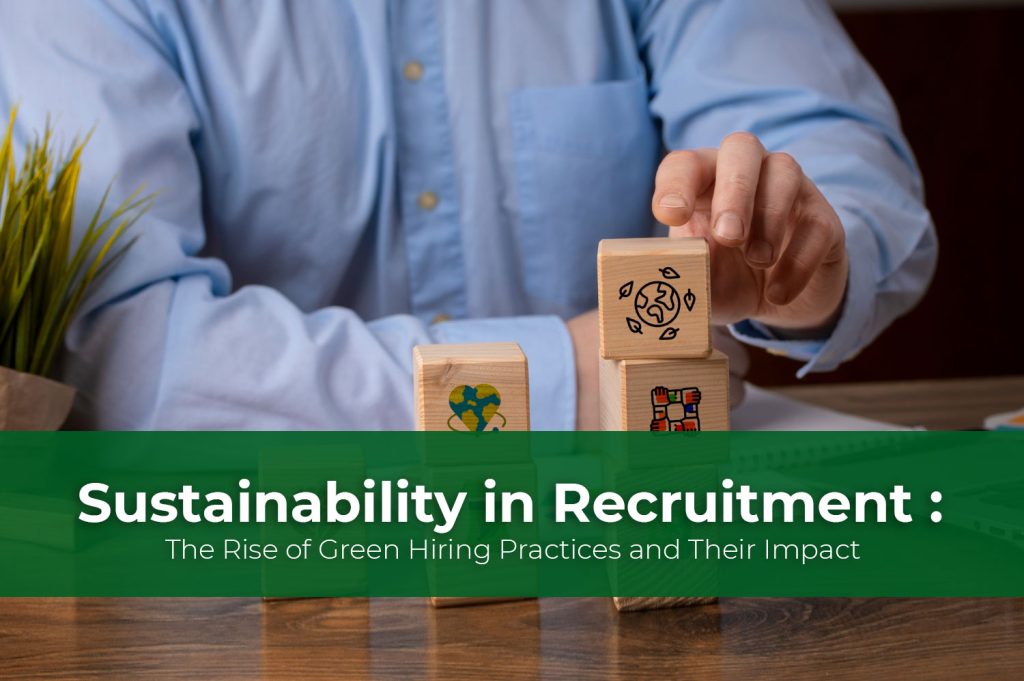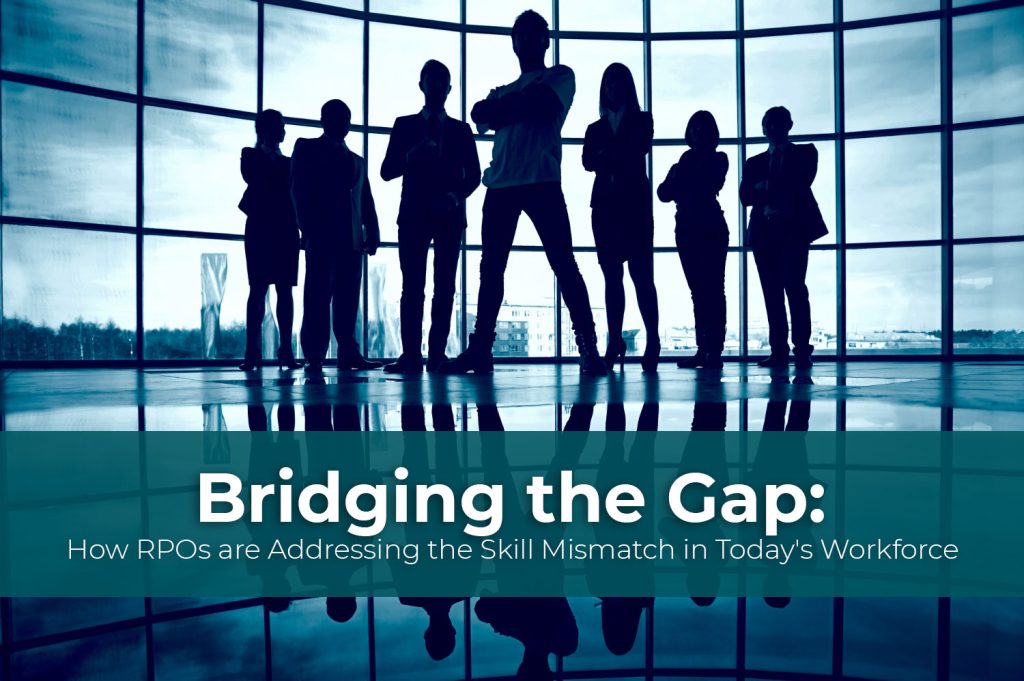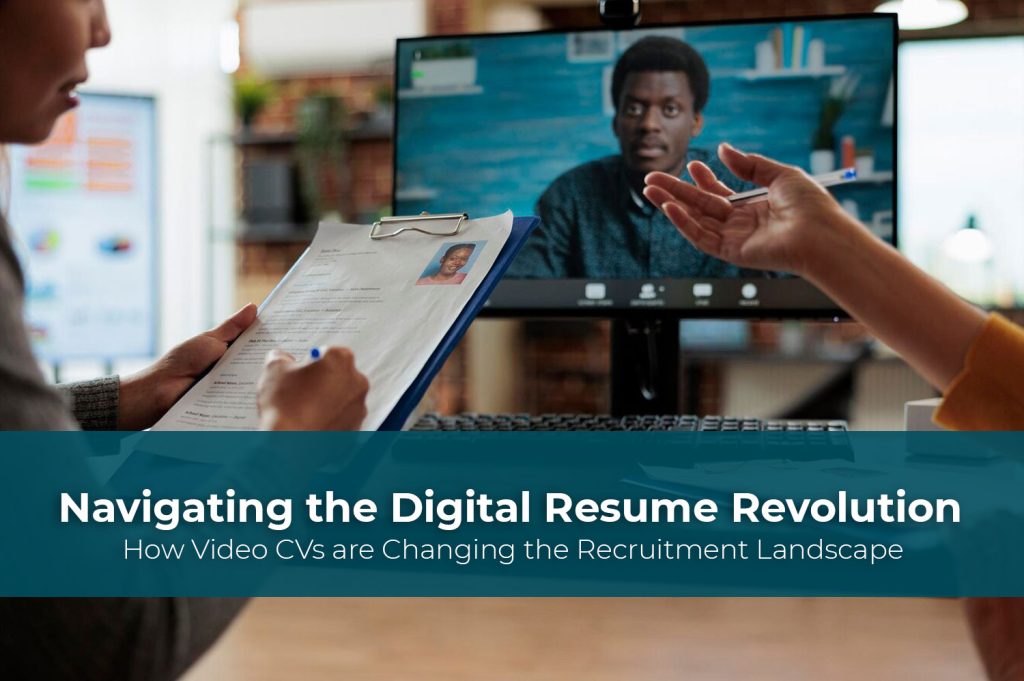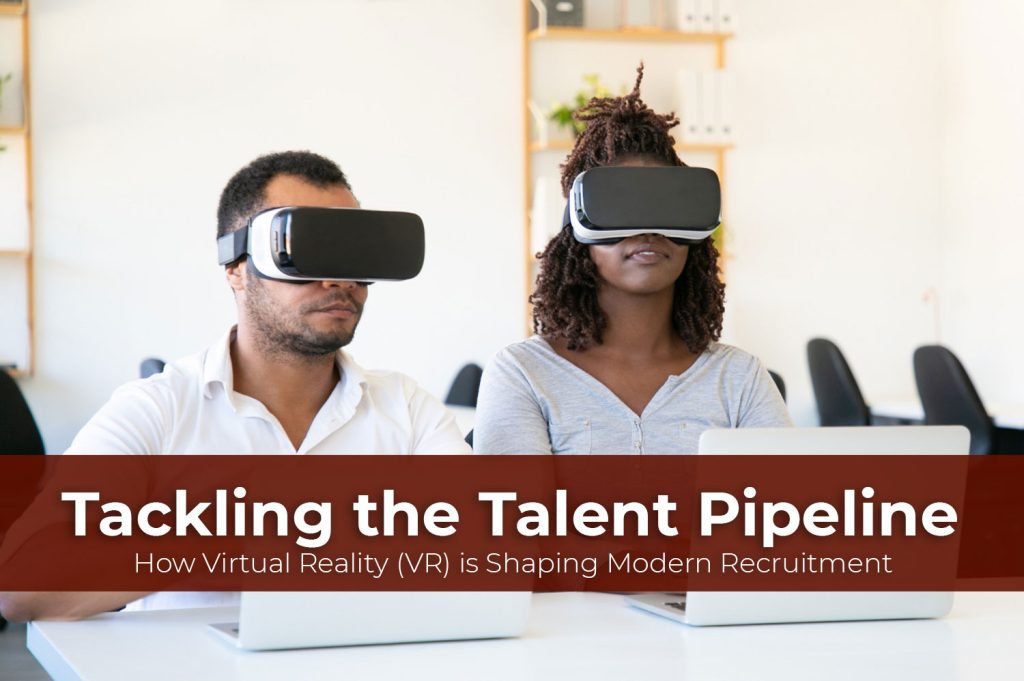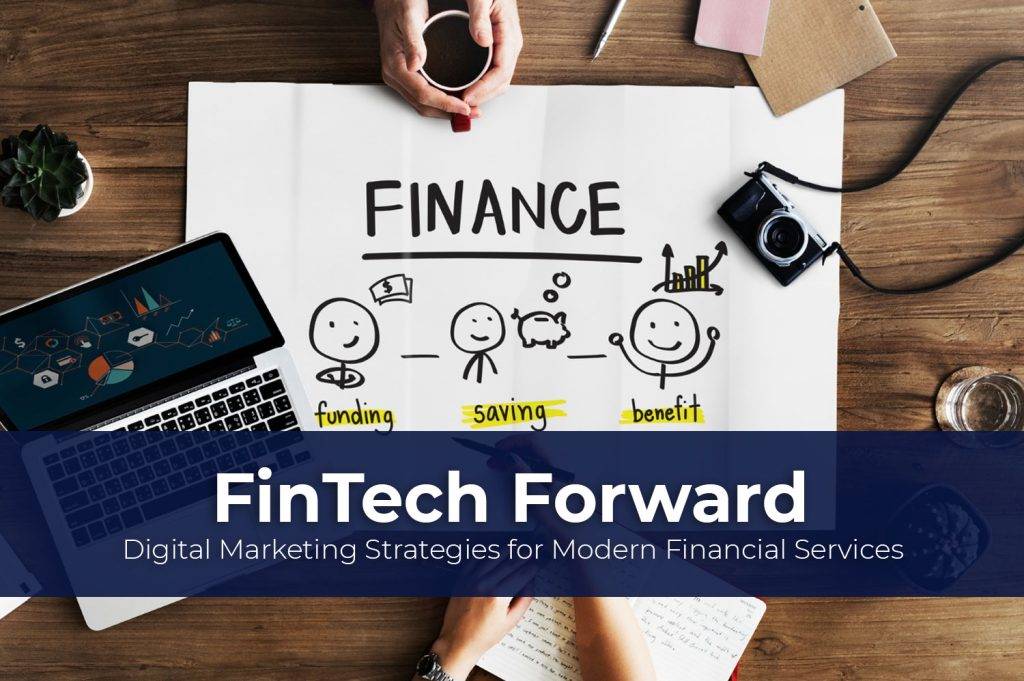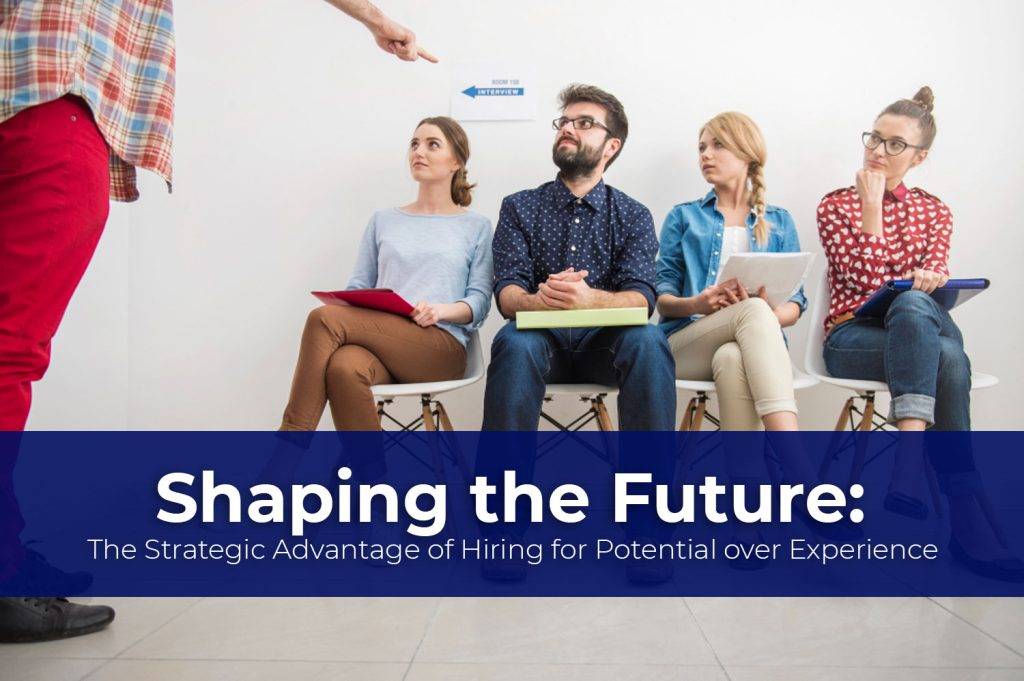AI in Talent Acquisition: What It Means For the Industry
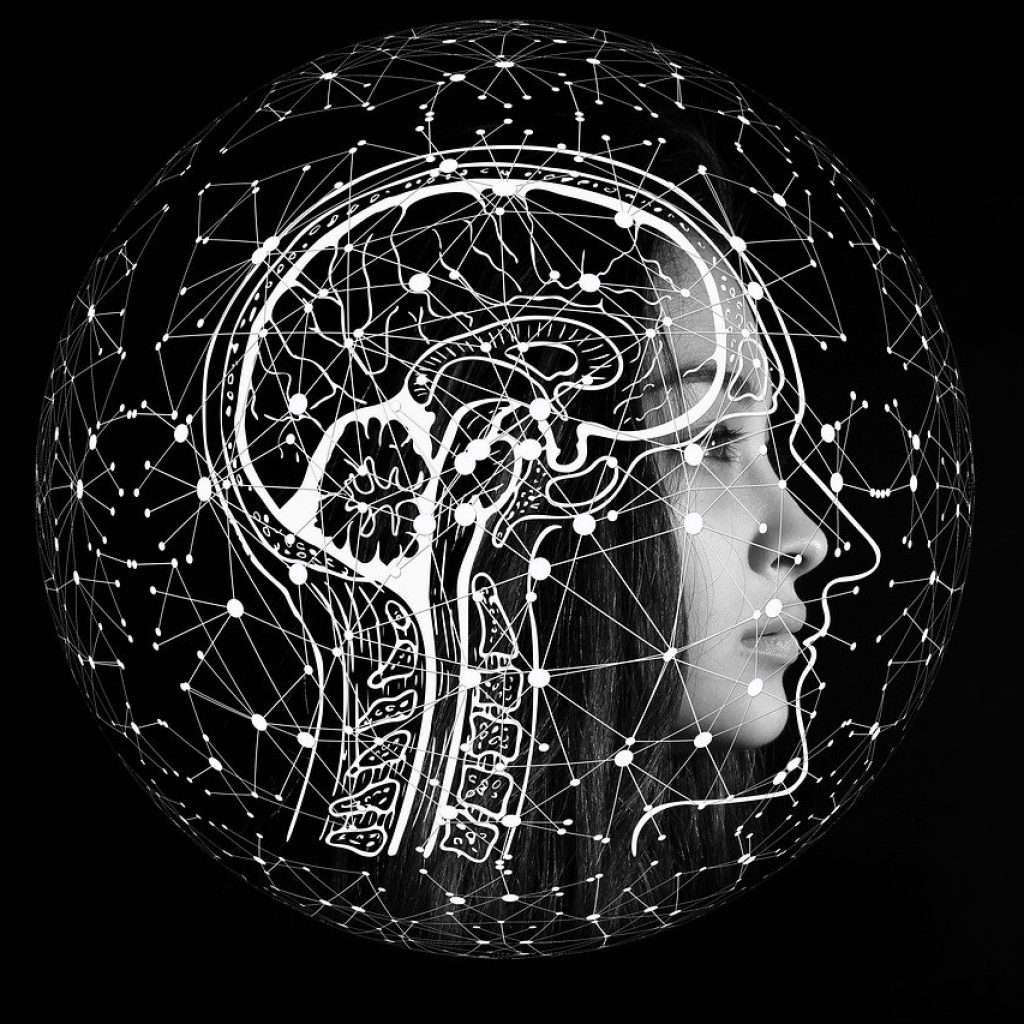
“Aritficial intelligence is the new electricity.” – Andrew Yan-Tak Ng, American Computer Scientist
No doubt that in the past 10 years or so, you might have heard about how AI (Artificial Intelligence) has infiltrated nearly every industry there is. On some level, we all rely on the aid of AI technology, especially in this rapidly digitizing world of ours. The same is true for the recruitment industry. In recent years there has been an overwhelming adoption of AI in talent acquisition. This has also been tied to many benefits which primarily revolve around making the recruitment process easier, more accurate and streamlined.
Table of Contents
ToggleThe Rise of AI in Talent Acquisition
According to a research article by the Gartner 2019 Artificial Intelligence Survey, the deployment of AI in recruitment has tripled between 2018 and 2019. It went from 25 per cent to 37 per cent. The reason for this rise is that CIOs (Chief Information Officers) have found that digital transformation and task automation go hand-in-hand.
It was also revealed that around 17 per cent of companies use AI-based solutions in their HR function and another 30 per cent will follow by the end of 2022 according to projections. Fair to say, while it may not be 100 per cent integrated with the recruitment industry, it is a steadily growing facet of technological application. In this blog, we will define AI and how it fits into different aspects of the talent acquisition process.
What Is AI in Talent Acquisition?
Before we go into AI and where it fits into the world of talent acquisition, we need to first go over the basic definition of what it is. According to Britannica, AI is defined as the ability of a digital computer or computer-controlled robot to perform a set of tasks. These tasks are ones you would commonly associate with an intelligent being (humans). AI is defined as such because to do these tasks it needs to be able to discern data values. It also needs to able to discern information and proceed with relative ‘intelligence’.
Quite simply put, AI in talent acquisition can process large volumes of data that humans could not. It can then turn this information into actionable data for the recruitment process. With that in mind, let’s have a look at some of the areas in talent acquisition where AI shines!
Although AI is more efficient, it's still witnessing a slow (but steady) integration in the world of talent acquisition.

Candidate Sourcing and Screening
The simple truth is that AI in talent acquisition is not the norm. Companies to this day continue to use talent sourcing platforms like LinkedIn and Indeed as well as job boards. Why? Because they are tried, tested and true. Reliability is a must before something can be integrated into a business process.
However, AI technology is being slowly integrated more and more, as we mentioned before. In terms of sourcing, it is a time-consuming process to pull candidates from social media, job boards and so on. This is where AI can help cut down on sourcing time. It can allow you to focus on the quality of the recruitment process. In many cases, AI-based recruitment technology is used to reach out to potential candidates from the data collected from various places. Fair to say that it can be a technologically complex process, but one that companies are trying to tackle.
Now, once you have all the candidates in a pool, how do you sift through the hundreds of resumes? It’s easy to miss out on a highly-qualified candidate. That is where AI comes in yet again. The candidate-job matches that the AI makes are then used to screen candidates at whom the campaign will be more targeted, based on their potential fit. AI could handle this by auto-generating emails or text-based outreach for example.
“Machine intelligence is the last invention that humanity will ever need to make.” – Nick Bostrom, Swedish Philosopher
Assessing and Hiring Remote Workers
Another way AI is implemented in talent acquisition is for candidate assessments. It is used to score resumes and identify the best candidate for the role. Now, this could be based on a variety of different factors such as the candidate’s skills, experience, educational background and so on. The AI takes the information from these data points and compares it against the company’s specific requirements.
This can be incredibly valuable in terms of assessing applicants in this day and age where remote working has established a strong foothold in work culture. With so much uncertainty surrounding the pandemic and the direction in which things might go, having such a resource on your side could prove invaluable.
Having said that, there are some controversies regarding AI in talent acquisitions, especially with regard to candidate assessment. For instance, the Wall Street Journal ran an article in September of 2021 where it talked about how Machine-Learning (ML) based applicant tracking systems rejected millions of applicants. You have to remember that while we live in an age of technological advancement, we also live in an age of inclusion and better hiring practices. Hence, it is a fine line between efficiency and fairness which needs to be adhered to.
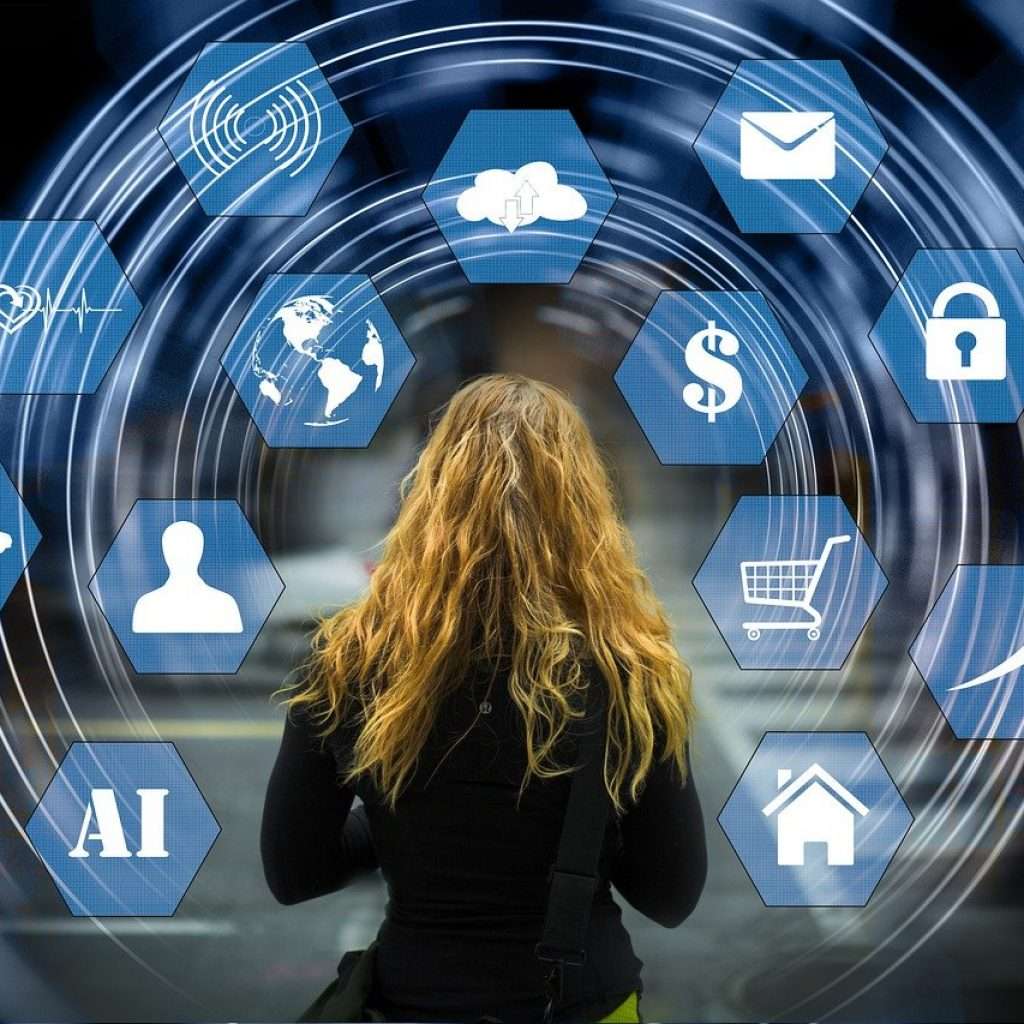
From data collection to onboarding, AI in talent acquisition can provide recruiters with so many benefits!
Diversity Hiring
Speaking of inclusion, while there may be controversies and debates surrounding the use of AI in talent acquisitions, there are benefits as well. One such benefit is its application to bettering diverse hiring practices. AI can be configured to ignore factors like age, gender, ethnicity, economical background, etc. when screening candidates. While a company may do its best to push to make the hiring process as fair and objective as possible, on some level, there is the risk of subconsciously sustained bias. AI in talent acquisition could help circumvent this issue.
Data Collection
AI-based chatbots are fairly common these days. They are also a great tool for gathering data from potential candidates. Important application details and screening questions can be completed in a completely automated manner. This can in turn free up the talent acquisition team from the long process of sending emails, calling and texting the candidate. At the end of the day, this makes for a more positive candidate experience, which in turn contributes to your overall employer brand.
Onboarding
Let’s be honest, onboarding, while being one of the most crucial steps in the hiring process can also have its fair share of time-consuming aspects. AI can help by handling things such as automated reference checks, organizing employee records, delivering the onboarding paperwork and so on. This frees up the HR or the hiring manager to focus more on the training aspect of the process.
The great thing is, that AI can help even with the training aspect of onboarding! With AI technology, companies can create customized learning courses for new employees based on their job role, skills, areas of interest and so on. This can help employees get up to speed faster and productivity would also shoot up as a result. Overall, AI in talent acquisition should be considered an investment for the future of your business. But, at the same time, do so with a grain of salt. Do your homework and make sure that your company is in a place where it can avail of the benefits that AI offers while still in a position to bear the risks that might come with it.

